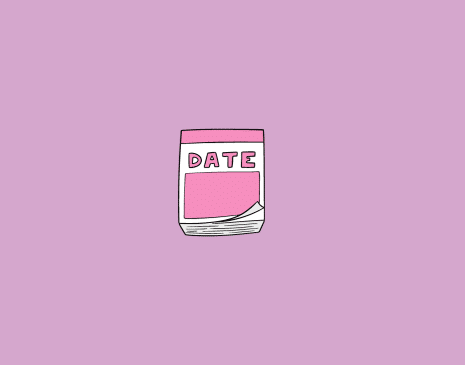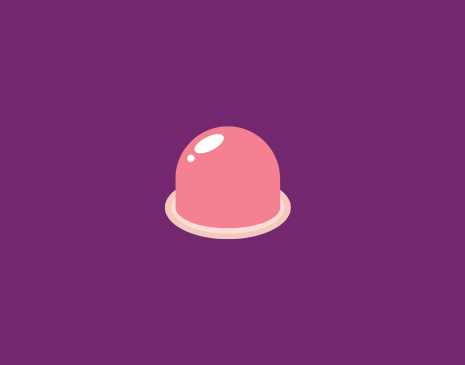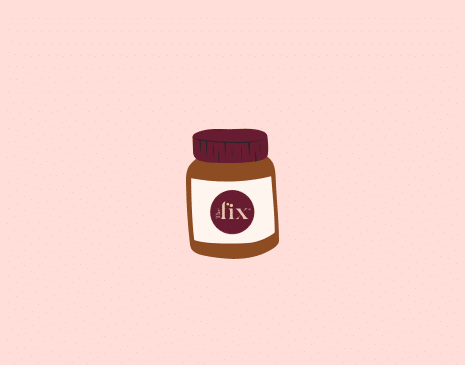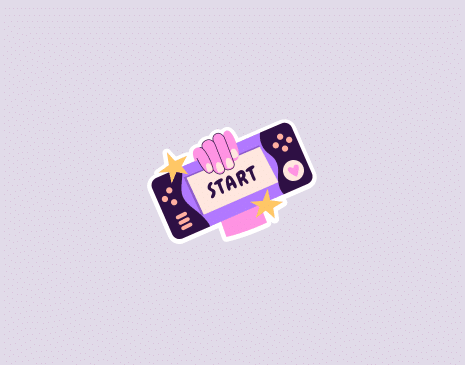A Urinary Tract Infection (UTI) can be a source of considerable discomfort, affecting millions of women each year. While urinary tract symptoms are often unmistakable—ranging from a persistent urge to pee to a burning sensation during urination—the duration of a UTI can vary from person to person. Understanding the factors influencing the duration of a UTI is key to effective treatment and timely recovery.
In this article, we delve into the world of UTIs, exploring the typical duration, potential complications, and strategies to promote a fast and complete recovery. Whether you’re experiencing your first UTI or seeking insights for someone you care about, we shed light on the question: How long does a UTI last?
Unveiling UTI Duration Factors
When it comes to urinary tract infections (UTIs), the time it takes to get better can vary. Different things play a role in how long a UTI lasts, including:
Your Body’s Response: Everyone’s body reacts differently. Some people bounce back from a UTI more quickly, while others might take longer. It depends on how well your body fights off the infection.
Early Detection Matters: If you catch a UTI early, it’s like tackling a problem when it’s smaller. Early detection and getting UTI treatment sooner can help you recover faster.
Health and Lifestyle: Your overall health and lifestyle choices matter. Things like eating well, staying hydrated, and getting enough rest by dealing with the causes of insomnia and other sleep issues can positively impact how fast your body can shake off a UTI.
Understanding these factors gives you insights into why UTIs might last longer for some and shorter for others. It’s a bit like figuring out why some colds feel worse and last longer than others – our bodies are unique, and so is how they handle infections like UTIs.
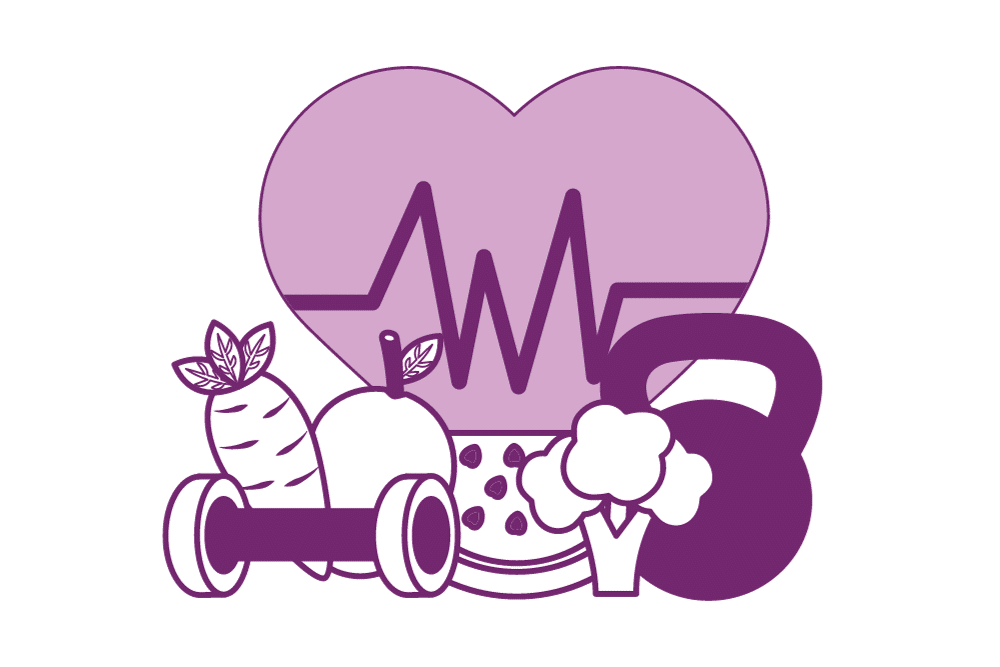
Typical UTI Durations: What to Expect
Understanding how long a urinary tract infection lasts is the first step toward managing discomfort and seeking timely treatment.
UTIs generally fall into two categories: acute and chronic. Acute UTIs are more common, often caused by bacteria entering the urethra and multiplying in the bladder. With appropriate medical attention, acute UTIs typically show improvement within a few days. On the other hand, chronic UTIs may linger for a more extended period, requiring a more thorough investigation and possibly prolonged treatment.
Gender differences also play a role in the duration of UTIs. Women are more prone to UTIs, and as for what causes UTIs in women, it all comes down to the shorter length of their urethra, making it easier for bacteria to travel to the bladder. However, women’s UTIs are often of shorter duration, responding well to antibiotics and other treatments. In contrast, men, while less frequently affected, may experience more prolonged UTIs when they do occur. This highlights the importance of recognising the presence and potential duration of a UTI, emphasising the need for prompt and targeted intervention (psst – learn how to get rid of a UTI).
Understanding typical UTI durations involves recognising the distinctions between acute and chronic cases and acknowledging the gender-specific aspects of infection duration. It’s essential for individuals experiencing UTI symptoms to seek medical attention promptly, as early detection and proper treatment significantly contribute to a faster recovery.
Complications and Prolonged UTIs
UTIs can escalate from a simple bladder infection to more complex scenarios, such as a complicated UTI or potentially evolving into a severe condition like a mild kidney infection if left untreated. Kidney infections occur when bacteria from the bladder travel up to the kidneys, causing more discomfort. Symptoms may show up as increased back pain, fever, and other urinary issues.
Complicated UTIs can manifest with added complications, such as urinary incontinence, where individuals may experience difficulty controlling their bladder function. Additionally, recurrent bladder infections, characterised by multiple infections within a specified period, can pose challenges, requiring a more thorough evaluation and tailored treatment approach. There are many reasons why you keep getting UTIs; that’s why it’s important to catch UTIs early and get medical help to prevent them from worsening, ensuring you feel better sooner and protecting your kidneys in the long run.
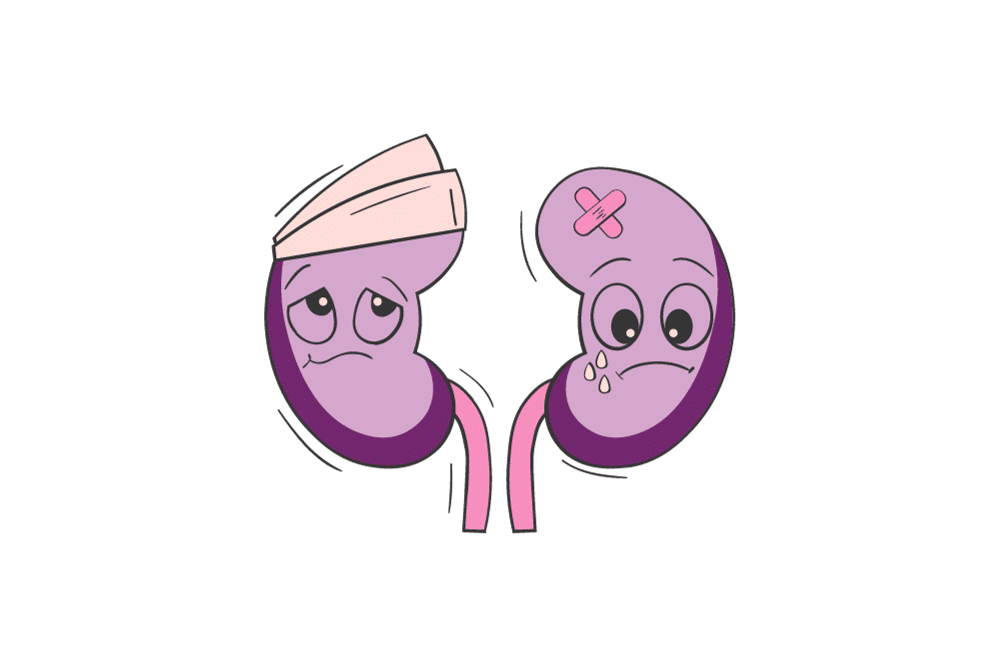
Medical Interventions: Speeding Up UTI Recovery
When it comes to getting better from a urinary tract infection, there are some helpful medical interventions that can speed up your recovery.
Antibiotic Treatment
Doctor-prescribed antibiotics fight the bacteria causing the UTI. You should always take the full course of antibiotics as prescribed, even if you start feeling better before it’s finished. This helps ensure all the bacteria are gone.
Importance of Follow-Up Care
After starting antibiotics, following up with your healthcare provider is essential. They’ll check to ensure the UTI treatment clears the infection as expected. If not, they might adjust your treatment plan to tackle the infection better.
These medical interventions play a key role in speeding up your recovery from a UTI and preventing severe infection. It’s important to take antibiotics as directed and communicate any concerns or changes in symptoms with your healthcare provider to ensure effective and timely treatment.
At-Home Strategies for Fast UTI Relief
When dealing with a urinary tract infection, there are simple strategies you can try at home to find relief and promote a faster recovery.
Hydration and Its Impact
Adequate hydration is a fundamental aspect of UTI management. Water helps dilute urine and flush out bacteria from the urinary tract, supporting the body’s natural defence mechanisms. Additionally, staying well-hydrated can alleviate the burning sensation and discomfort often associated with urination during a UTI. Aim to drink plenty of water throughout the day, and consider drinking cranberry juice for UTIs, as it may offer additional benefits.
Natural Remedies and Their Efficacy
While not a substitute for medical treatment, certain natural remedies may complement prescribed interventions. Cranberry products, such as unsweetened juice or supplements, contain compounds that could hinder bacteria from adhering to the urinary tract walls. It’s essential to note that the evidence supporting the effectiveness of cranberry products is not conclusive, and consulting with your healthcare provider before incorporating them into your routine is advisable.
Heat Therapy
Applying a heating pad to your lower abdomen can provide soothing relief from the pain and discomfort associated with a UTI. The warmth may help relax the muscles and alleviate some pressure in the pelvic region.
Rest and Self-Care
Allowing your body to rest is super important during a UTI. Allow yourself ample time for relaxation and sleep to support your immune system’s efforts to combat the infection. Avoiding potential irritants like caffeine and spicy foods can also improve overall comfort.
Remember, these at-home strategies enhance comfort and support your body’s natural healing processes. However, they are not substitutes for professional medical advice and prescribed treatments. If symptoms persist or worsen, consulting your healthcare provider is essential for a comprehensive and effective approach to UTI management.
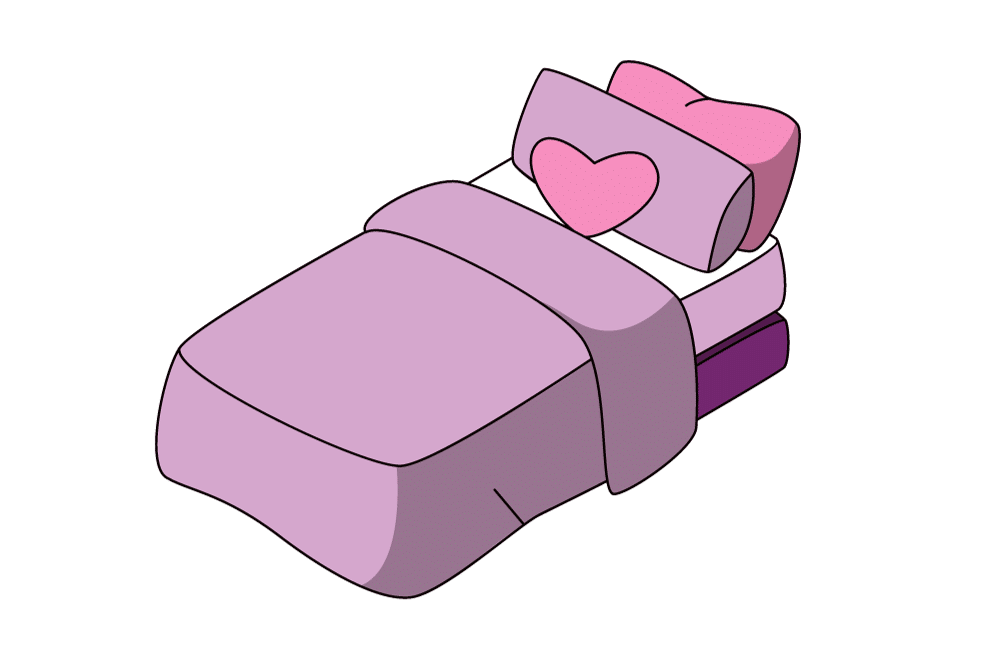
Prevention Measures: Reducing Future UTI Duration
Preventing future urinary tract infections involves adopting proactive measures that can reduce the likelihood of recurrence. While seeking medical advice for personalised guidance is essential, there are general prevention strategies to consider.
Lifestyle Changes for UTI Prevention
Making lifestyle adjustments can play a significant role in preventing future UTIs. This includes practising good hygiene, such as wiping from front to back after using the restroom to minimise the risk of bacteria entering the urethra. Additionally, wearing breathable cotton underwear and avoiding irritating feminine hygiene products can contribute to a healthier urinary tract.
Dietary Considerations for Urinary Health
Paying attention to dietary choices can also impact UTI prevention. Increasing water intake helps flush out bacteria from the urinary system, promoting overall urinary health. Some studies suggest that certain foods, like those rich in vitamin C, may have a protective effect against UTIs. Including fruits and vegetables in your diet can be a tasty way to support your body’s defence against infections.
Prompt Bathroom Visits
Emptying the bladder regularly can help prevent the buildup of bacteria. Holding in urine for extended periods creates an environment conducive to bacterial growth. Making a habit of visiting the bathroom when needed and not delaying bathroom breaks is a simple yet effective preventive measure.
Post-Sexual Activity Hygiene
For those who are sexually active, practising good hygiene after sexual activity is crucial for UTI prevention. This includes urinating soon after intercourse to flush out any bacteria that may have entered the urethra (find out what happens when you don’t pee after sex). Additionally, maintaining open communication with sexual partners about UTI prevention strategies can contribute to a collaborative approach.
By incorporating these preventive measures into daily routines, you can take proactive steps to reduce the likelihood of future UTIs. However, it’s important to consult healthcare professionals for personalised advice and address any underlying factors contributing to recurrent UTIs.
When to Seek Professional Help for UTIs
See a doctor if your UTI symptoms worsen or you notice signs like severe pain, high fever, or recurring infections.
Seek help if you have existing health issues or if you experience back pain and fever, as it could indicate a kidney infection. Getting prompt medical attention is crucial to avoid complications and ensure a better recovery. Don’t hesitate to reach out to healthcare professionals—they’re there to help you feel better faster!

